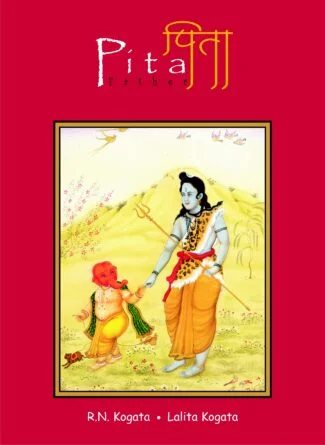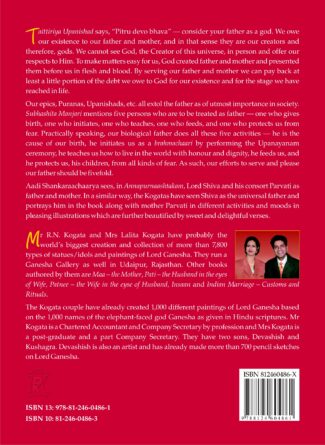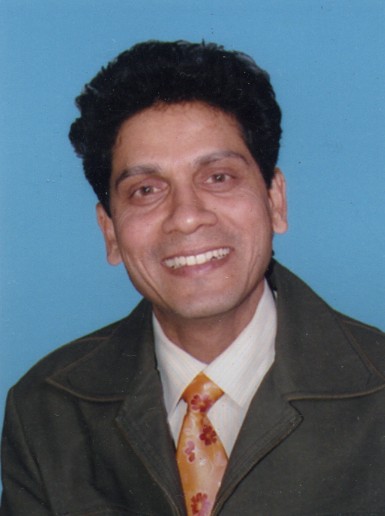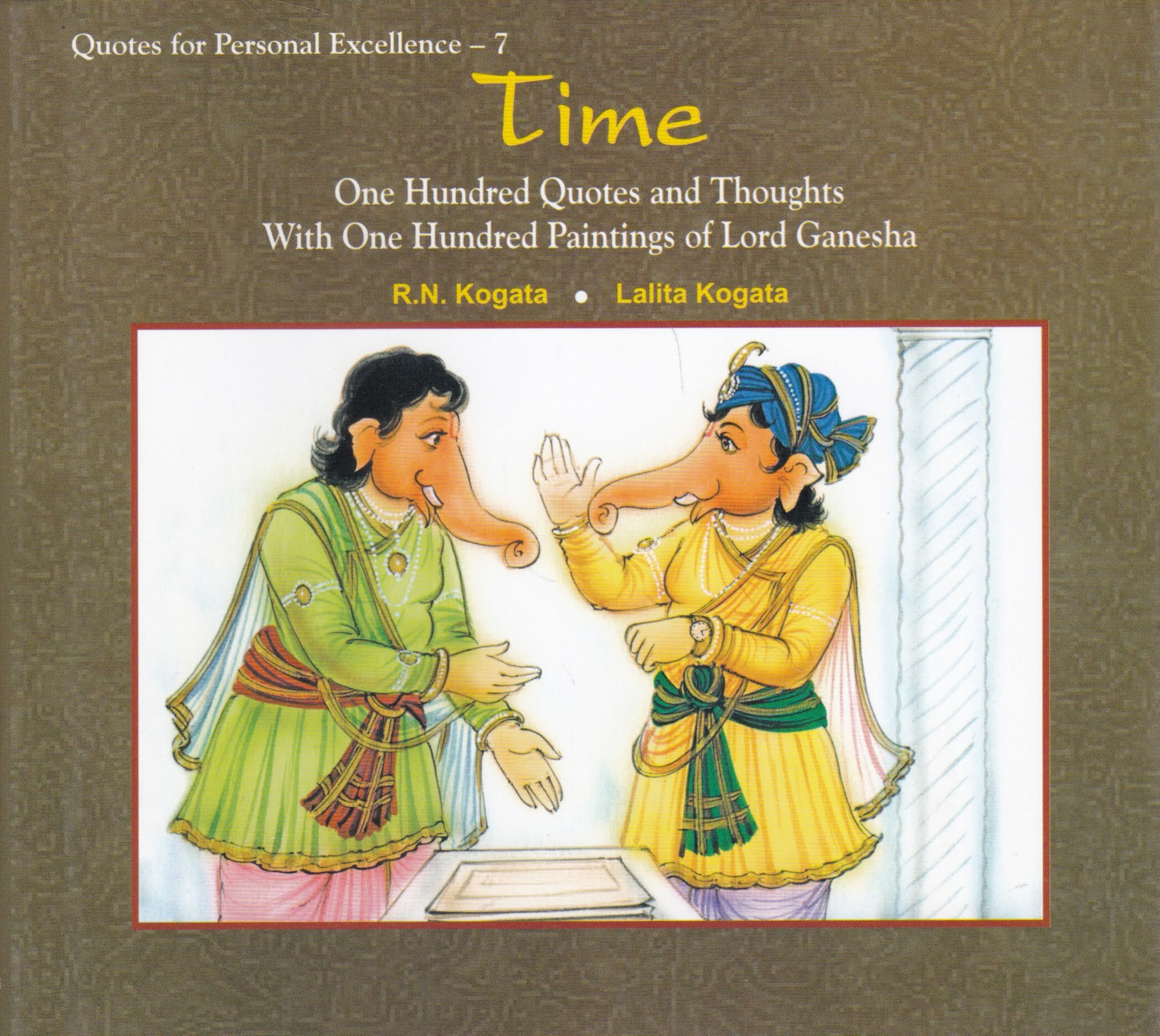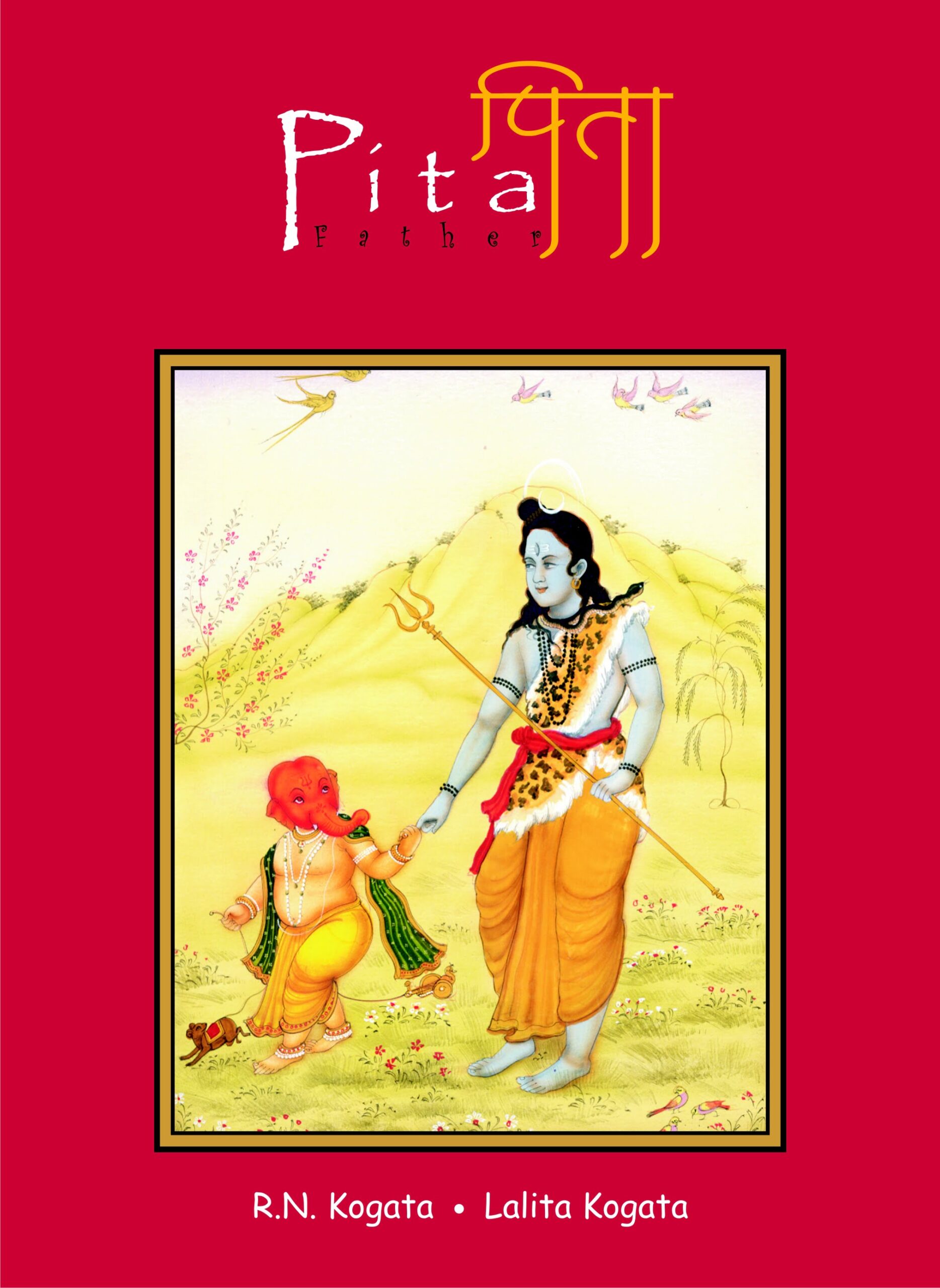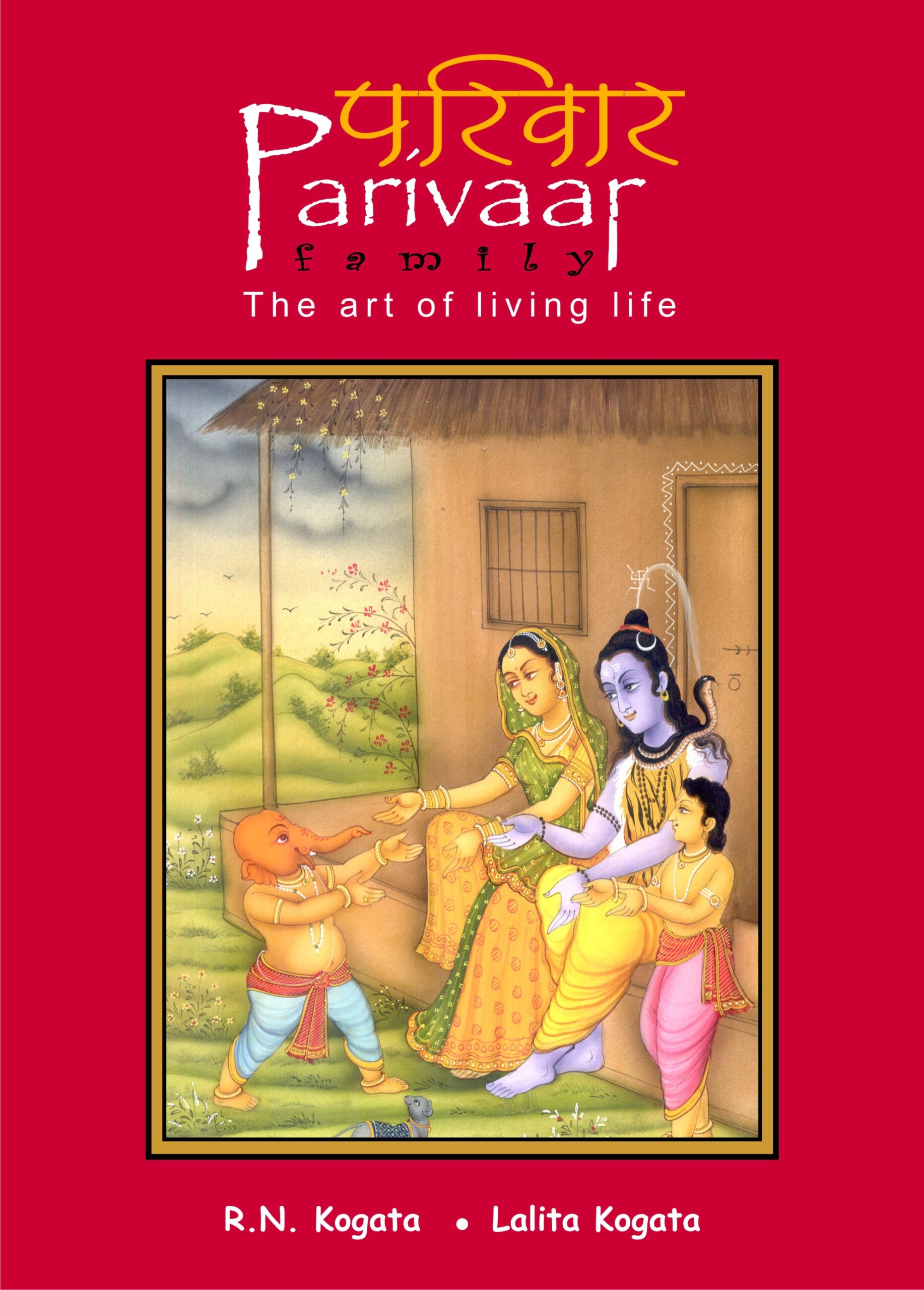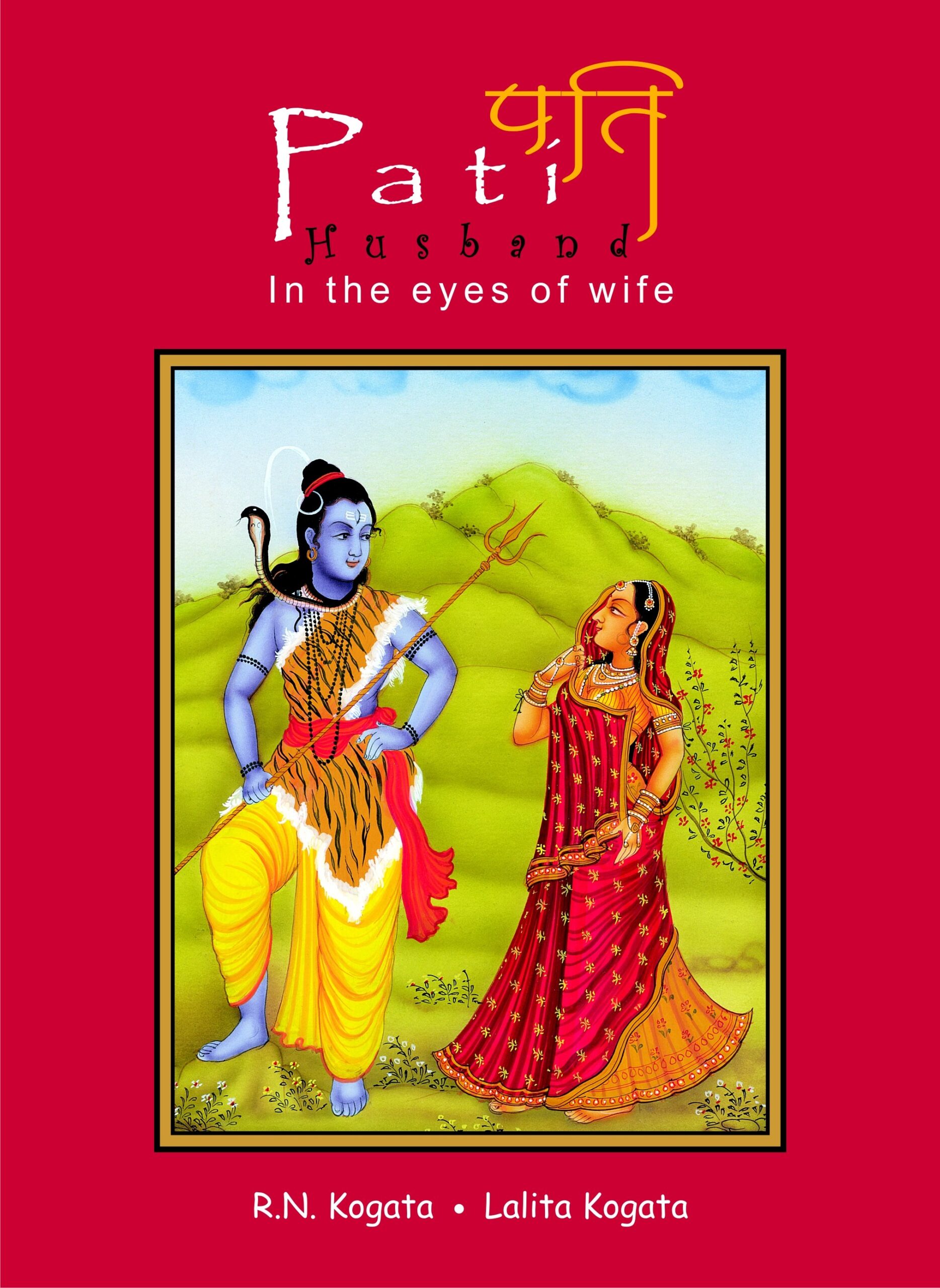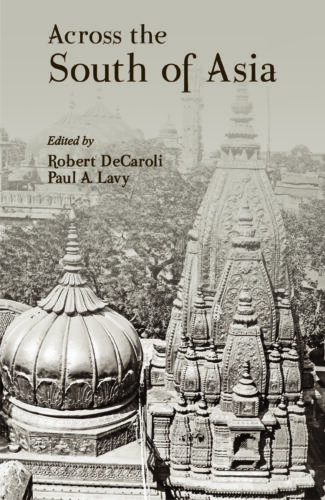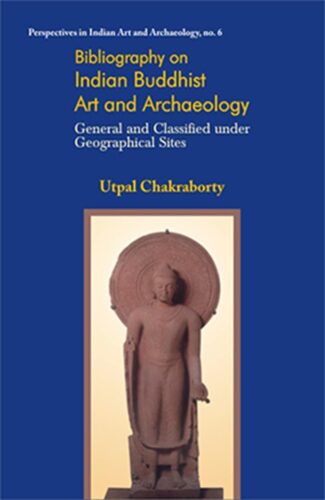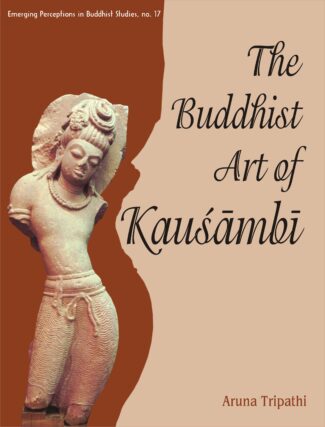

Pita...
Pita
Father by: R.N. KogataFrom time immemorial a family Þ consisting of father, mother, son, his wife, and their childern Þ has been accepted as a sacred institution in all societies Þ urban, rural, tribal or uncivilized, or even among animals to a certain extent. In the family, besides love and affection, the main factors cementing the bond between members are some virtues and morals like obedience, faithfulness, honesty, and, above all, chastity, not only for women but also for the men. In Hindu thought Lord Shiva and Goddess Parvati are considered the ideal parents as well as the ideal couple. In four books Þ Pita, Maa, Pati and Patni Þ pleasingly embellished with self-explaining paintings, Mr K.N. Kogata and Mrs Lalita Kogata have extolled the roles, activities, and moods of these important members of the first family with charming and delightful verses.
Original price was: ₹200.00.₹180.00Current price is: ₹180.00.
ISBN: 9788124604861
Year Of Publication: 2009
Edition: 1st
Pages : 32
Bibliographic Details : with numerous colourful paintings
Language : English
Binding : Paperback
Publisher: D.K. Printworld Pvt. Ltd.
Size: 24 cm.
Weight: 150
Taittiriya Upanishad says, Pitru devo bhava consider your father as a god. We owe our existence to our father and mother, and in that sense they are our creators and therefore, gods. We cannot see God, the Creator of this universe, in person and offer our respects to Him. To make matters easy for us, God created father and mother and presented them before us in flesh and blood. By serving our father and mother we can pay back at least a little portion of the debt we owe to God for our existence and for the stage we have reached in life. Our epics, Puranas, Upanishads, etc. all extol the father as of utmost importance in society. Subhashita Manjari mentions five persons who are to be treated as father one who gives birth, one who initiates, one who teaches, one who feeds, and one who protects us from fear. Practically speaking, our biological father does all these five activities he is the cause of our birth, he initiates us as a brahmachaari by performing the Upanayanam ceremony, he teaches us how to live in the world with honour and dignity, he feeds us, and he protects us, his children, from all kinds of fear. As such, our efforts to serve and please our father should be fivefold. Aadi Shankaraachaarya sees, in Annapurnaashtakam, Lord Shiva and his consort Parvati as father and mother. In a similar way, the Kogatas have seen Shiva as the universal father and portrays him in the book along with mother Parvati in different activities and moods in pleasing illustrations which are further beautified by sweet and delightful verses.


